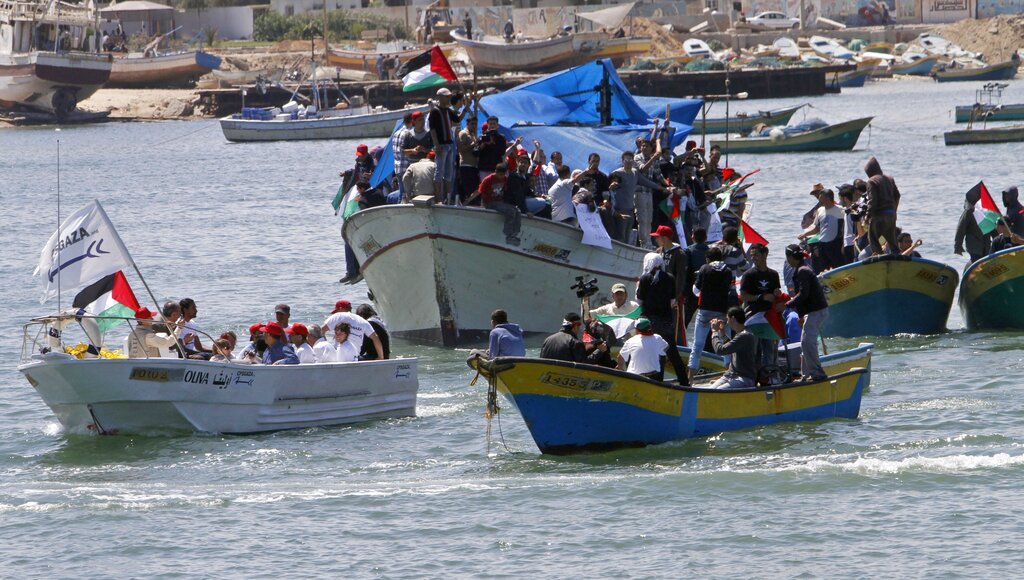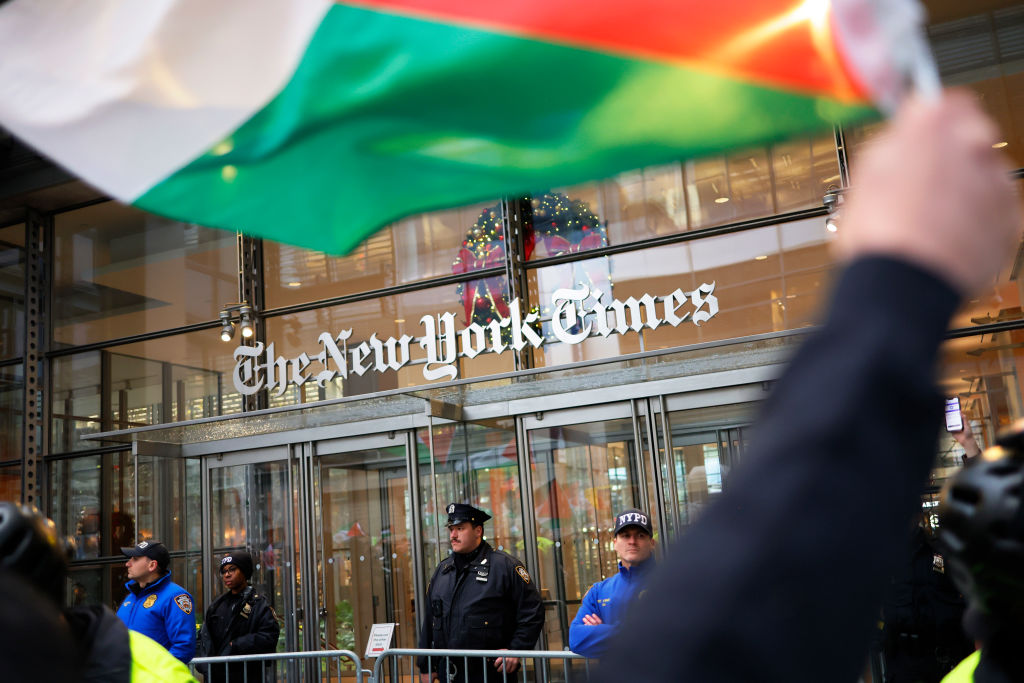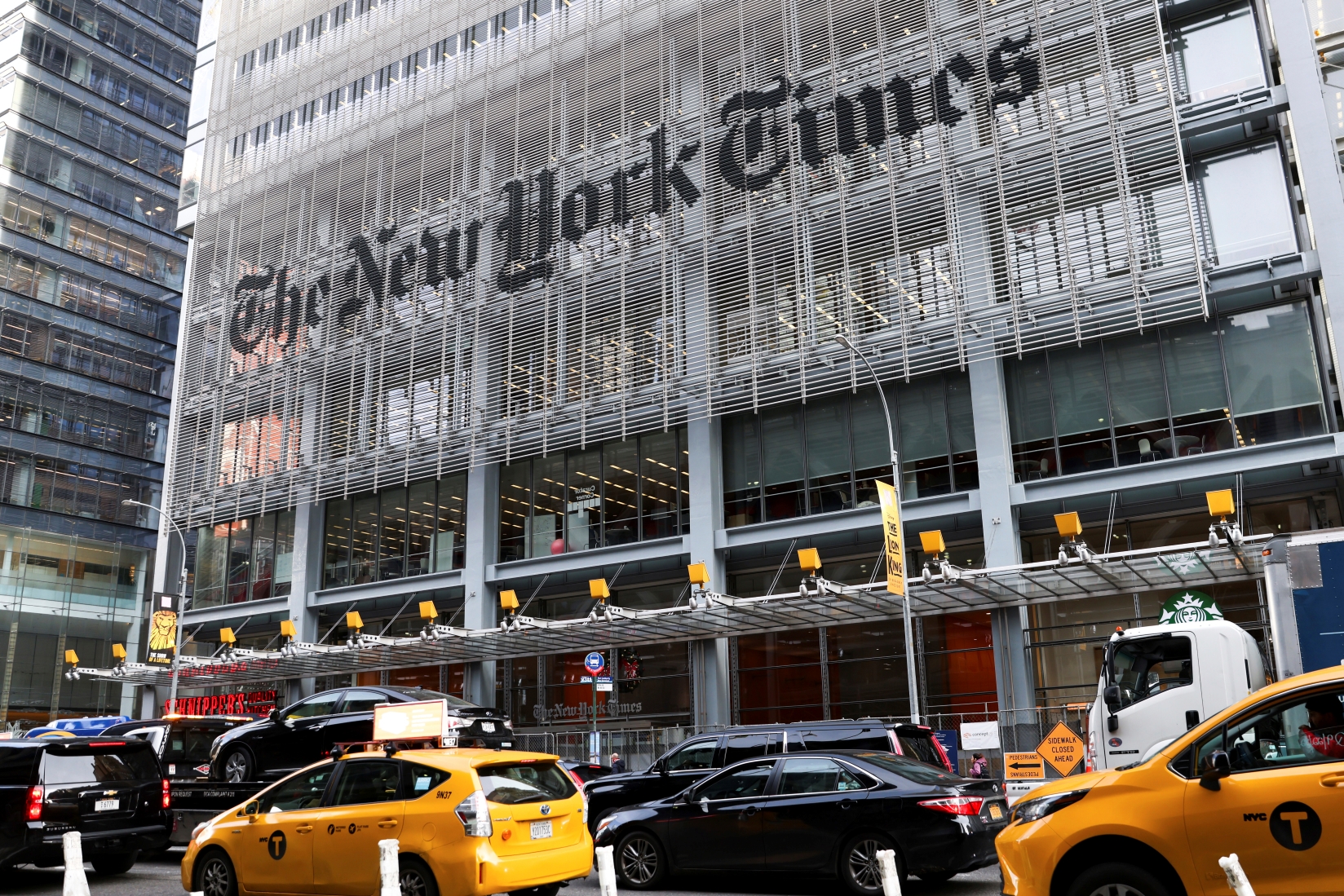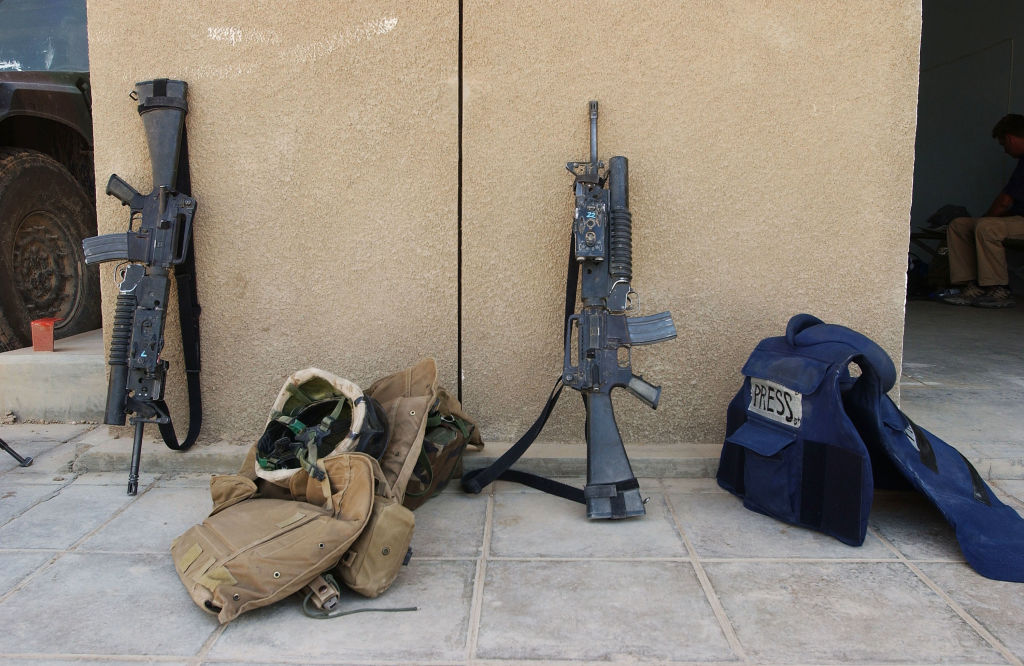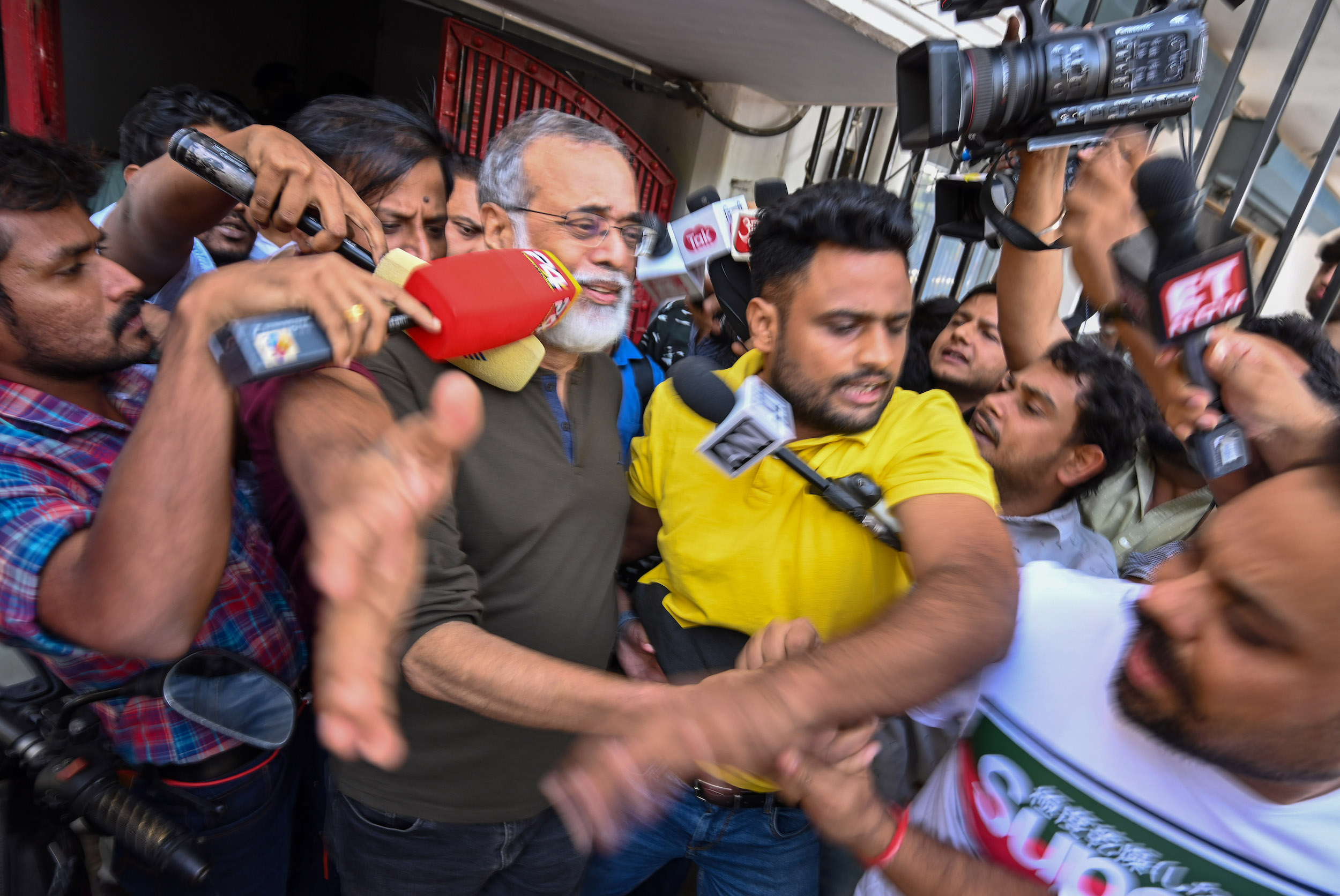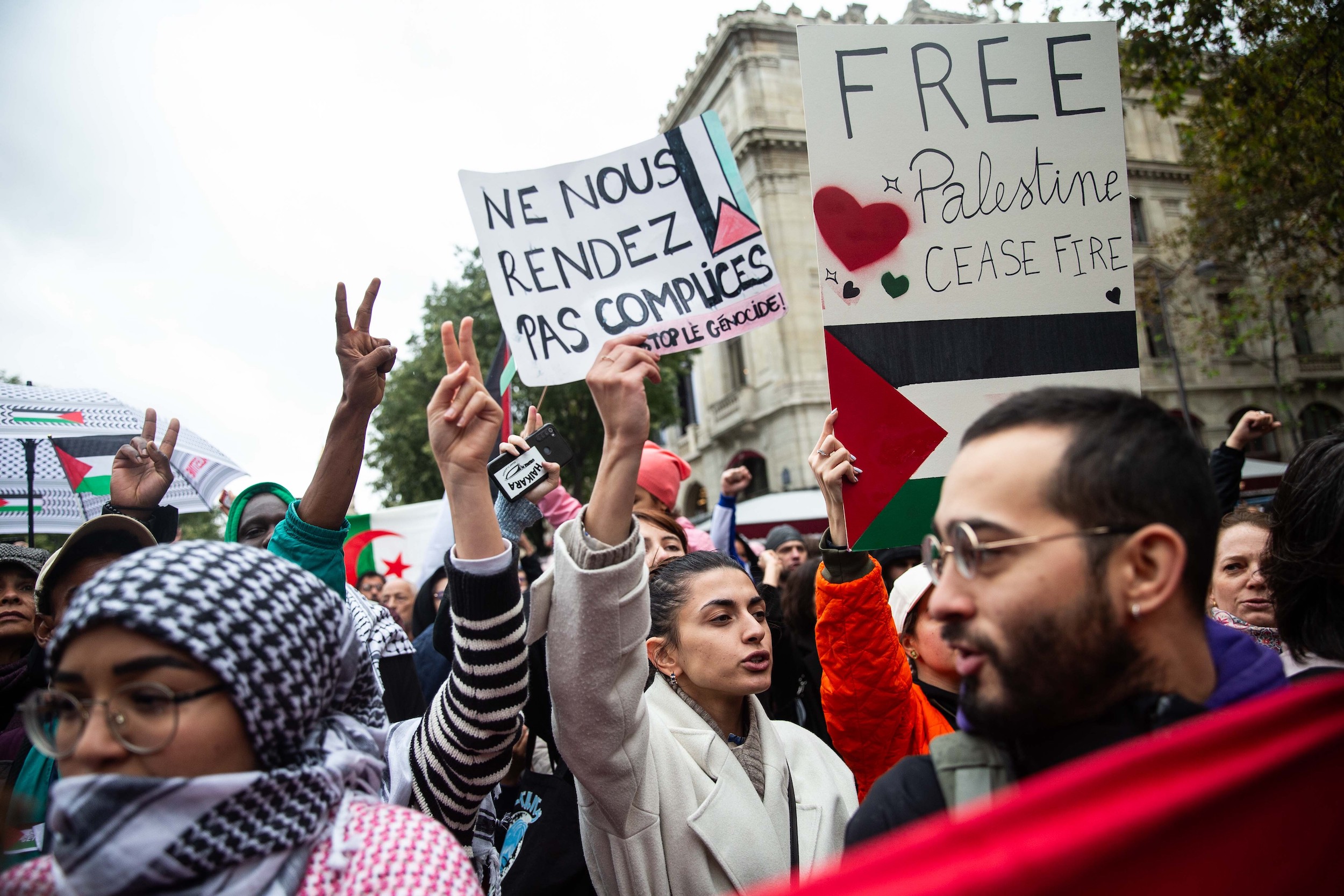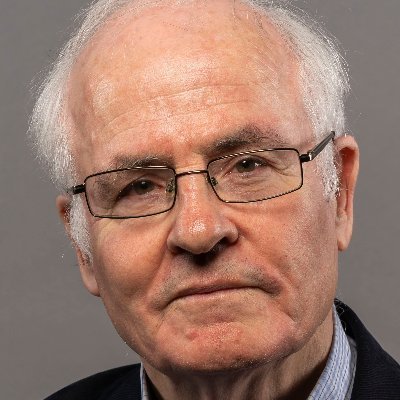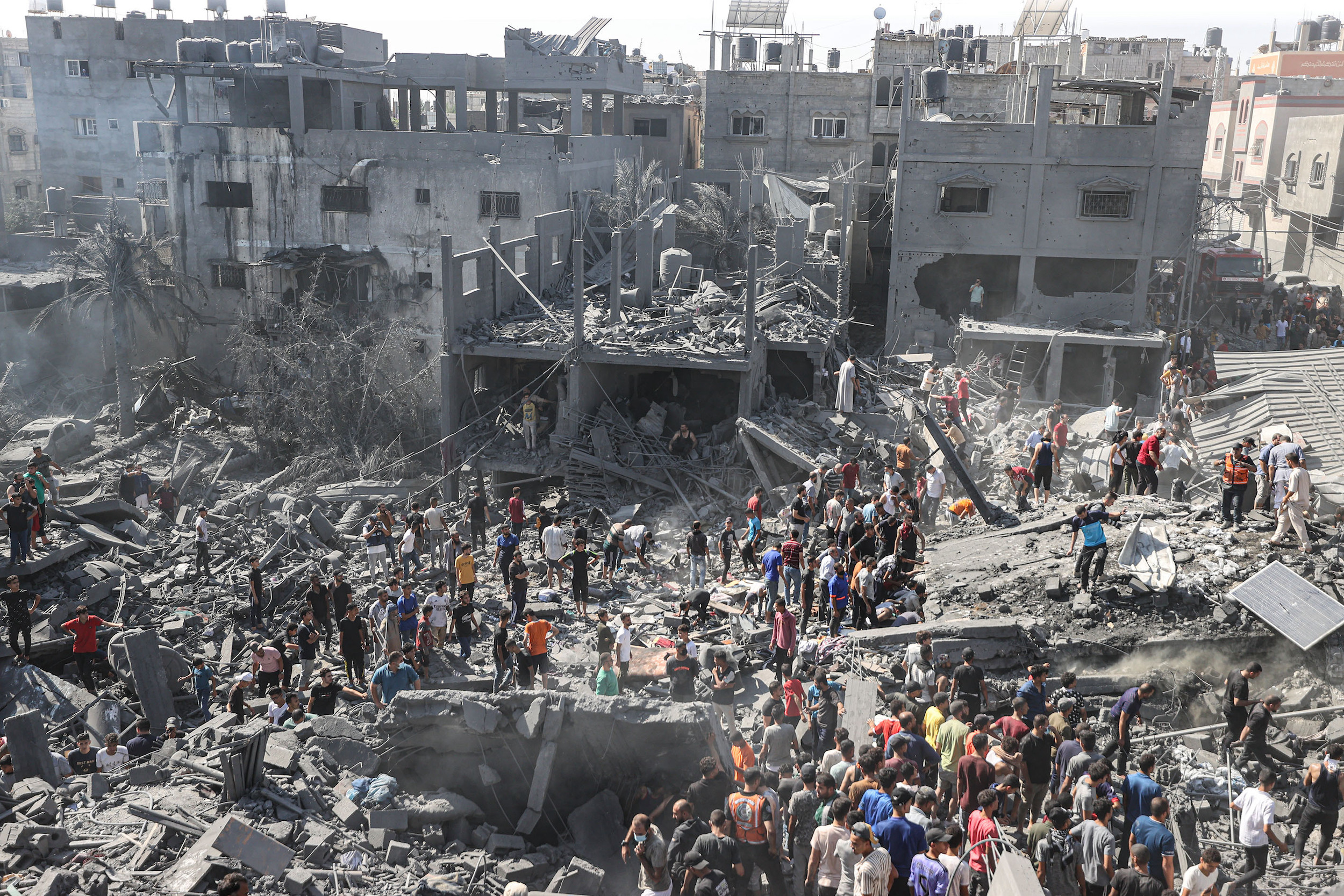فيلم "المواطن كين" للمخرج الأميركي أورسن ويلز، هو أول ما يتبادر إلى الأذهان عند الكلام عن مهنة المتاعب في السينما. الفيلم الذي يبلغ من العمر 77 عاماً، ثابتٌ لا يغيب ضمن قوائم النقاد والسينمائيين لأفضل الأفلام، حيث تصدّر لفترة من الزمن قائمة الأفلام الروائية، وما زال محل إجماعٍ نادرٍ قلّ نظيره من قبل النقاد والمؤرخين ومجلدات السينما وصنّاعها.
تظهر في الفيلم الذي اعتبر قفزة هائلة على سلم التطور الفني والتقني السينمائي، إشكاليات كبيرة من قلب السلطة الرابعة آنذاك؛ عن الناشر المتحكّم ونفوذه المترامي، عن الصحافة وعلاقتها الملتبسة بالسلطة والمال، عن الإعلام الأميركي وأزمته "بالاصفرار"، عن استغلال العمل الصحفي لمآرب شخصية وسلطوية، عن التلاعب بالخبر وتضخيم المعلومة، وصولاً إلى الفبركة وصناعة الأحداث.
من سيرة حياة رجل الأعمال والسياسي والناشر ومالك أكبر سلسلة صحفية في القرن العشرين "وليام راندولف هيرست"، استقى ويلز أحداث فيلمه. الرجل الثري بدأ من إدارة صحيفة "سان فرانسيسكو إكزامينر"، لتمتد إمبراطوريته الصحفية إلى 30 صحيفة في مراكز المدن الأميركية الكبرى وعدد من المجلات، مؤسِّساً لأكبر المؤسسات الربحية في مجال الصحف والمجلات في مختلف أنحاء العالم، وواضعاً الحجر الأساس للصحافة الصفراء.
في الفيلم، يُدعى تشارلز فوستر كين الذي أدّى دوره المخرج أورسن ويلز.. رجل لديه كل مقومات القوة: المال، الشهرة، السلطة والإعلام. من موت تشارلز في قصره الهائل "إكزانادو" وسط جنائن شاسعة، حيث أمضى سنواته الأخيرة وحيداً في قصره محاطاً بأعمال فنية وجدران مليئة بالمعلّقات، يبدأ الفيلم.
كين -دون أي من أفراد أسرته أو أصدقائه- على بعد لحظات من ملاقاة الموت، ينطق مع آخر أنفاسه كلمة "برعم". ومن هنا يبدأ الفيلم في "فلاش باك" لحياة كين التي شكّلت لغزاً لكثيرين، وموته الذي أثار التساؤلات، فيقرر الصحفي جيري طومسون (وليام ألاند) البحث والاستقصاء لكشف سر كلمته الأخيرة.
الصحافة في الفيلم حاضرة بمهمتين: الناشر كين الذي يتحكّم بالصحيفة ويفرض عليها أجندته ليصل إلى السلطة، ثمّ الصحفي الاستقصائي الذي يبحث في حياة هذا الناشر الفاسد فيقابل زوجته وأصدقاءه ومعلّمه سعياً لفهم معنى كلمته الأخيرة قبل وفاته.
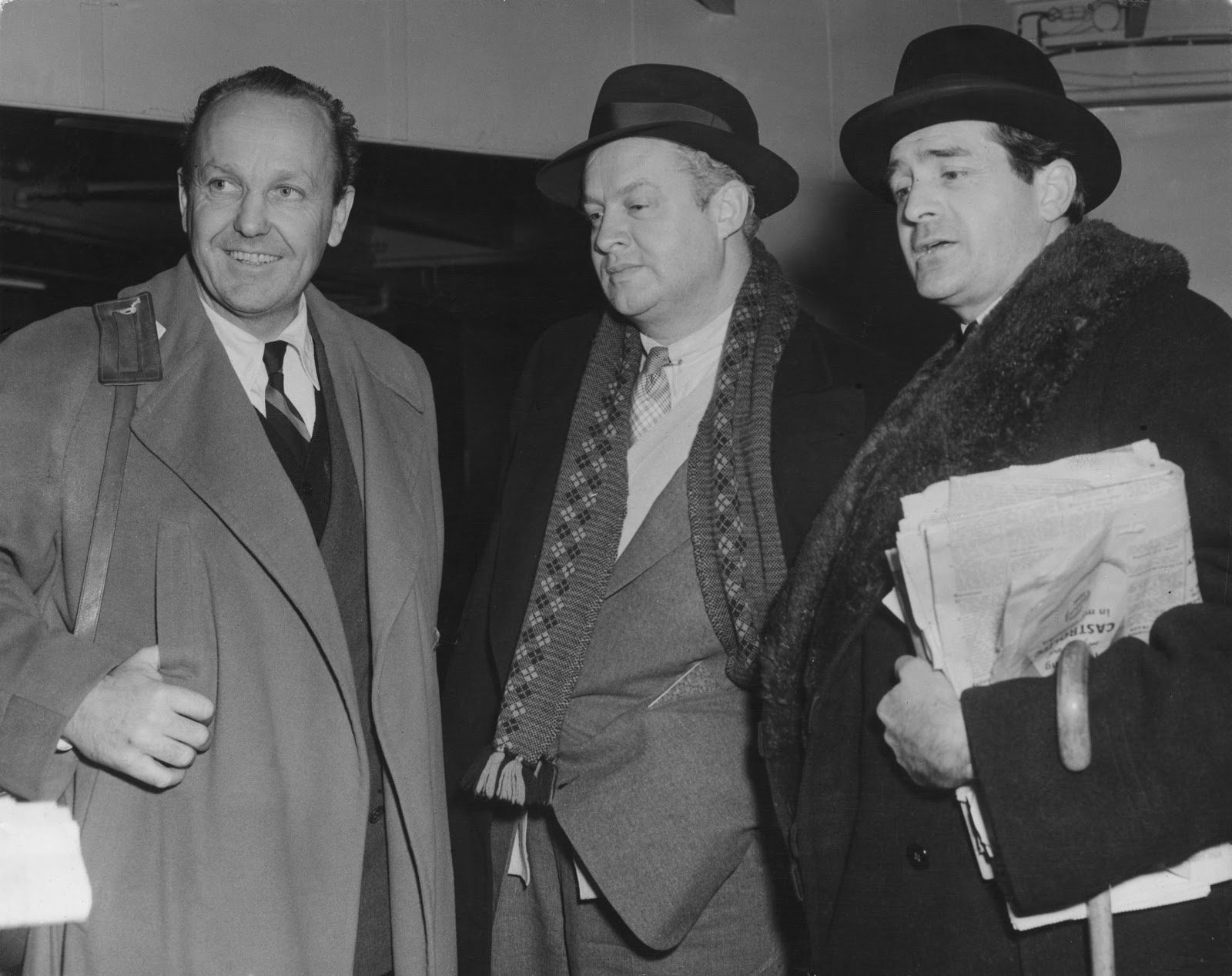
يظهر كين في بداياته، واضعاً الخطط والجداول، ماذا سينشر؟ وماذا سيقول؟ في المقام الأول أراد خدمة الناس، أراد مصلحة العمّال وتقديم ما يهمّ المتلقّي. هذه كانت البدايات، ثمّ مع مرور الوقت بدأ مساره المهني بالانحراف. الخطوة الأولى كانت باستخدامه إحدى صحفه للترويج لشريكته المغنية، فأغرقتها صحفه بالمديح الزائف. ثم بدأ كين يغرق تدريجياً.. ينشر أخباراً زائفة ليضرب أحدهم اقتصادياً، يبالغ في مأساة شعب حتّى تُشَنَّ حرب، ينشر أكاذيب لتشويه صورة منافسيه، والهدف استمراره في بيع صحيفته. لقد سخّر الرجل أذرعه الإعلامية خدمة لمصالحه الخاصة، وبنى إمبراطوريته الإعلامية وأسهمه كرجل أعمال وحظوظه السياسية على الصحافة الصفراء، واخترق الخصوصيات وتلاعب وكذب وشهّر وفبرك.
الربط بين "المواطن كين" ووليام هيرست كان سهلاً. امتلك الاثنان إمبراطورية إعلامية لم تصمد خلال الكساد الكبير.. بنيا قصراً ضخماً.. استخدما أساليب الصحف الصفراء لجرّ الولايات المتحدة إلى الحرب مع إسبانيا عام 1898. استغلَّ كلاهما الإعلام الذي يقع تحت سطوتهما للوصول إلى منصب سياسي، بينما واجهت حملاتهما الانتخابية اتهامات بالفساد.
هيرست لم يتقبّل الفيلم برحابة صدر، بل أكَّد أنه "المواطن كين" حين شنَّ حرباً على مخرج الفيلم أورسن ويلز. استخدم الرجل الثري نفوذه وموارده الهائلة للحيلولة دون إطلاق الفيلم. ومع فشل مساعيه، منع أية إعلانات أو مراجعات للفيلم في صحفه الكثيرة. ولم يكتفِ بذلك، حتى طلب من الصحفيين لديه التشهير بويلز ابن الخامسة والعشرين الذي مثّل دوره وأخرج الفيلم وشارك في كتابته. في النهاية نجح هيرست ومعارفه في هوليود في تقييد الفيلم، فتمّ الحد من عرضه في الصالات، وانخفضت العائدات في شباك التذاكر. أمّا على المدى الطويل، فقد تضررت مهنة ويلز كمخرج في هوليود حتى نهاية حياته. وُثِّق هذا الصراع في الفيلم الوثائقي "معركة المواطن كين" عام 1996.
أتقن أورسن ويلز عمله، وأخرج فيلماً كاملاً. قدَّم قصة ضخمة واستثمر كلّ التقنيات وابتكر أخرى جديدة، من تصوير مشاهد بالزوايا الواسعة والمشهديات العميقة، إلى لعبة الظل والضوء المستمدة من التعبيرية الألمانية، والقدرة على تحريك الكاميرا والتعامل معها بسلاسة، إلى المونتاج والاستخدام المبتكر للصوت كأساس سردي.
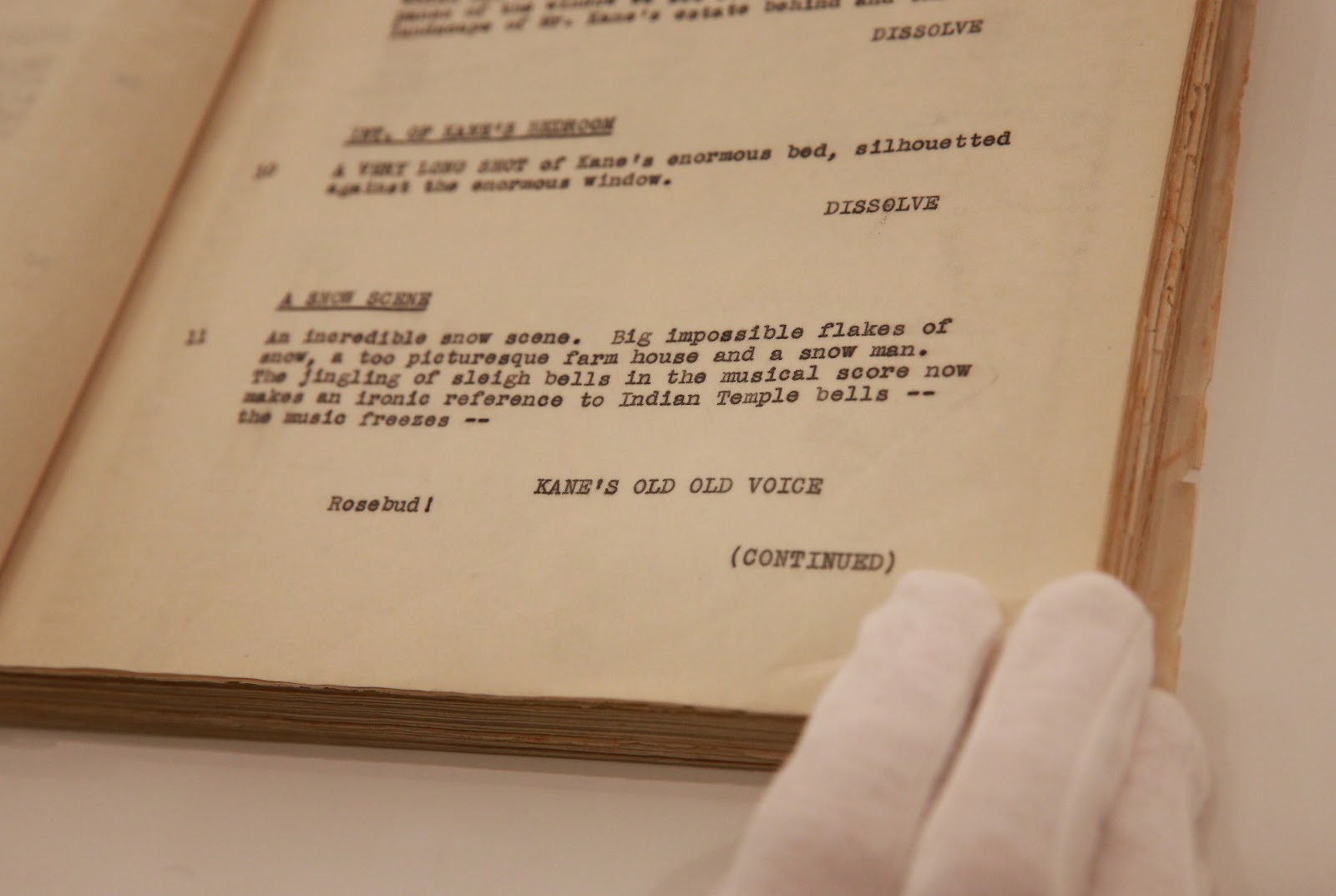
مستويان سرديان بارزان في الفيلم: الصراع مع الذات مع حبّ السلطة والطموح اللامحدود، بغية تقديم الحقيقة والتحلّي بالموضوعية والمسؤولية، ثمّ في الدرجة الثانية الانزلاق في دوامة الفضائح والتلفيق والتحوّل المطلق إلى الصحافة الصفراء.. هي مرحلة فساد الصحافة وتحوّل "المواطن كين" إلى وحشٍ لا يرى إلا مصلحته الخاصة. مستويان يصبوان إلى تبيان القوة الجبارة للصحافة، تأثيرها في المجتمع، وكيف تتحوَّل إلى أداة خاصة وتُطوّع لأغراض دعائية وفقاً للمصلحة الشخصية.
لا شك أنّ الفيلم نقدٌ شرس لحال الصحف الأميركية التي نزعت إلى إشاعة الفضائح عبر المبالغة والانحياز واللعب على حبال تهييج مشاعر المتلقين، فهو فيلم جريء لأنه مسَّ بأخطبوط تغلغلت أذرعه في المجتمع الأميركي الذي تجرَّد من أي مناعة أمام أخبار صحفه. كما أضاء على أفكارٍ لم تألفها العامة، عن تأثير وسائل الإعلام البصرية والسمعية على تفكير المجتمع، على أهمية مراجعة المصادر وعدم تصديق كلّ ما يُقدَّم تحت عنوان "الأخبار"، على التلاعب الجاري بالمتلقين طمعاً في الربح والسلطة، فشكّل الفيلم عملاً صحافياً بحدّ ذاته.
نظرياً، تزامن الفيلم الذي خرج في الصالات عام 1941 مع نقد متواتر لنظرية الحرية في الإعلام بسبب إخضاعها الصحف لشروط السوق التي قيل إنها تجرده من محتواه، وبذلك حولت المؤسسات الإعلامية إلى مؤسسات رأسمالية ضخمة متسلّطة. وفي المقابل بزوغ نظرية المسؤولية الاجتماعية التي تخضع الحرية لرقابة الرأي العام ولمعايير مثل الدقة والصدق والموضوعية والتوازن.
من خلال رؤية شاملة لمحتوى الفيلم، نلمس فعلياً نقد أورسن ويلز لمفاعيل نظرية الحرية وانحيازه إلى نظرية المسؤولية الاجتماعية في ذلك الحين. "المواطن كين" غرّته الحرية المطلقة، لم تقيّده المبادئ، استخدم الإثارة الرخيصة، وتلاعب بالمعلومات، وكانت صحفه دليلاً فاقعاً على سطوة رأس المال على الجهد الصحفي وعلى استخدام الصحف كوسيلة دعائية إعلانية دون قيود في الحملات الانتخابية.
مجلّدات كُتبت وستكتب عن جوهرة السينما الحديثة الخالدة "المواطن كين".. سردٌ حيٌّ ثوري حفّزه المخرج الأميركي بفلاش باك وبعملٍ صحفي ديناميكي. رسم أورسن ويلز بورتريها فجّا لشخصية مشوّهة، إنه تاريخ الصحافة على الشاشة الكبيرة، إنها الكاميرا التي تفضح وتطيح بالموضوعية الموهومة وبالمعلومة الدقيقة، وحتى بالحقيقة. يوم خرجت الصحافة من تحت عباءة السلطة لتلوذ إلى الحرية فوقعت تحت سطوة المال وحب السلطة فأصبحت صفراء.
أتمّ ويلز فيلمه ولم يغفل العاطفة والإنسان. ما هو "البرعم"؟ الحب؟ حنان الأم؟ دفء المنزل؟ بقايا الطفولة؟ سرير الوالدين الدافئ في ليلة عاصفة؟ عناق عندما يبدو العالم منهاراً؟ إنها قصة إنسان هذه الأزمنة، ابن الرأسمالية الذي يملك كلّ شيء ولكنّه يجنح بطموحه وجشعه نحو الهاوية.
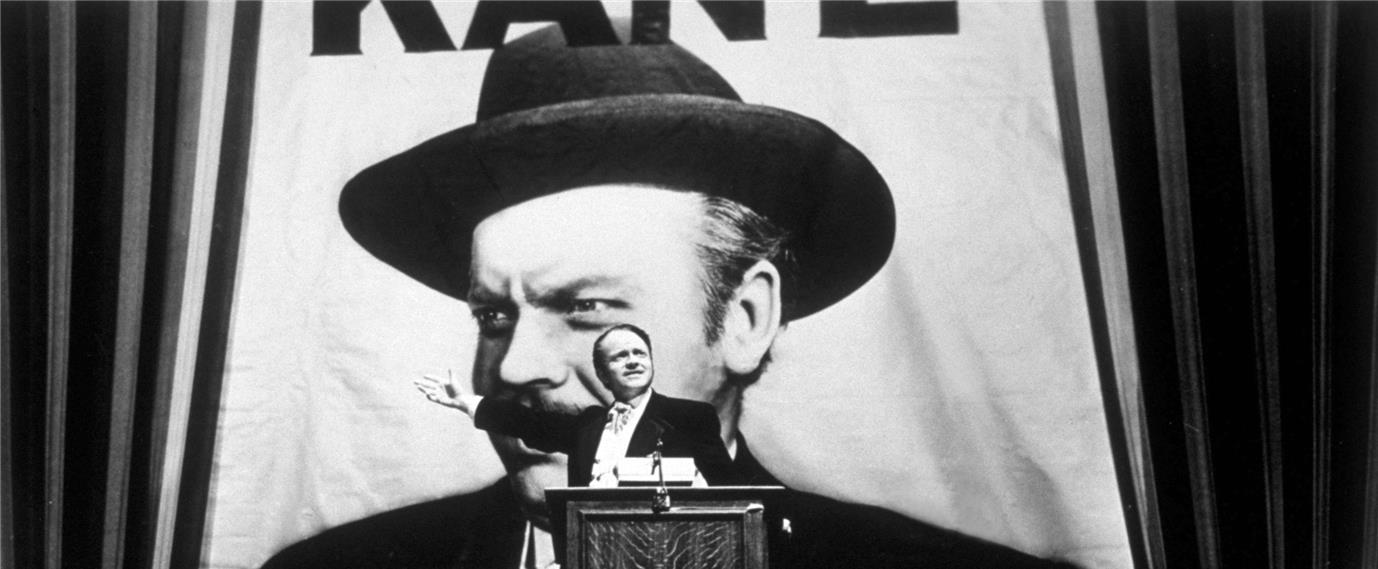



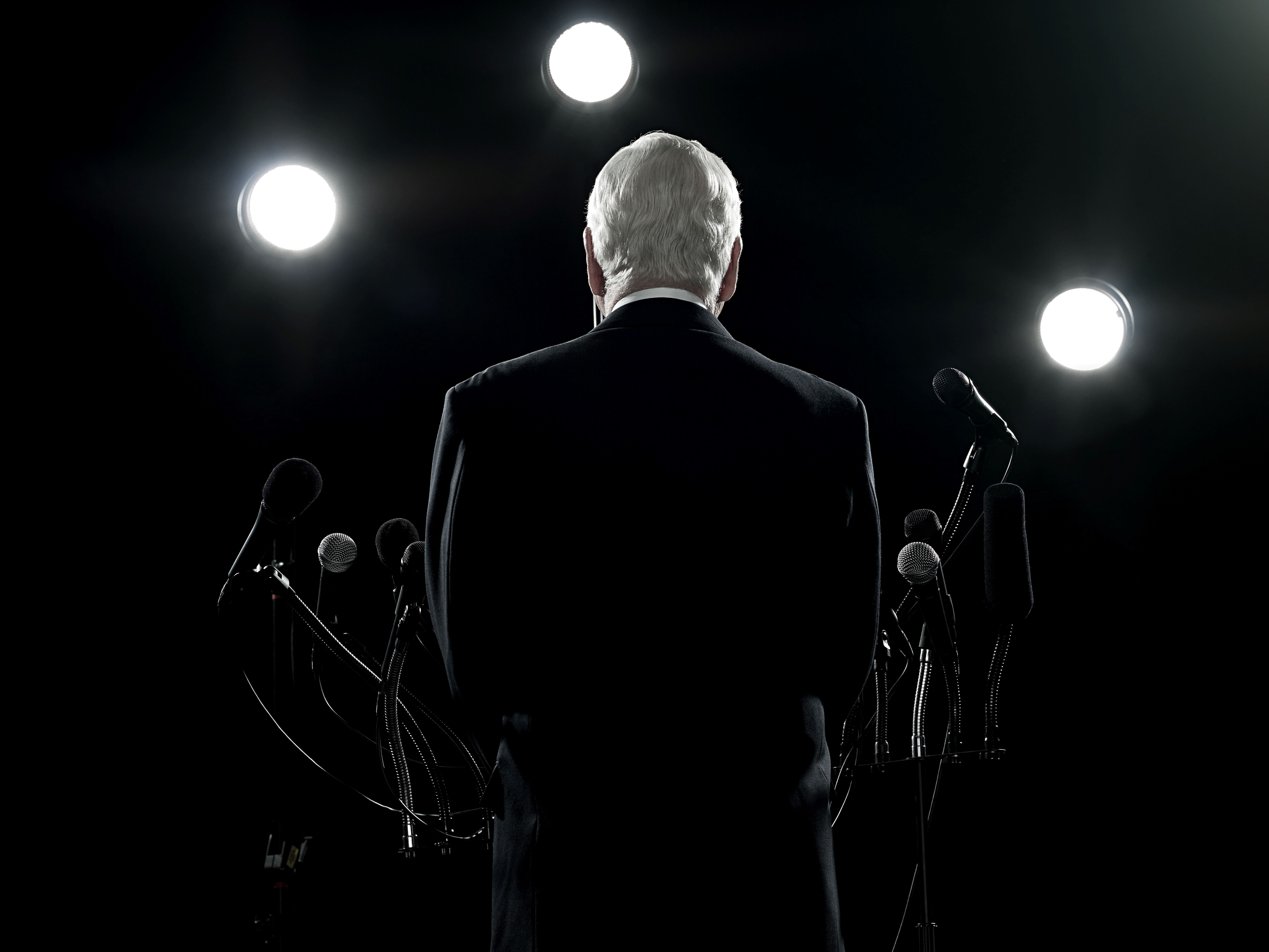



















![A demonstration against Israel's war on Gaza on Paulista Avenue in São Paulo on November 4, 2023, draws attention to the deaths of children while the media focuses on the war against terrorists. [Photo: Lina Bakr]](/sites/default/files/ajr/2024/Picture1.png)

